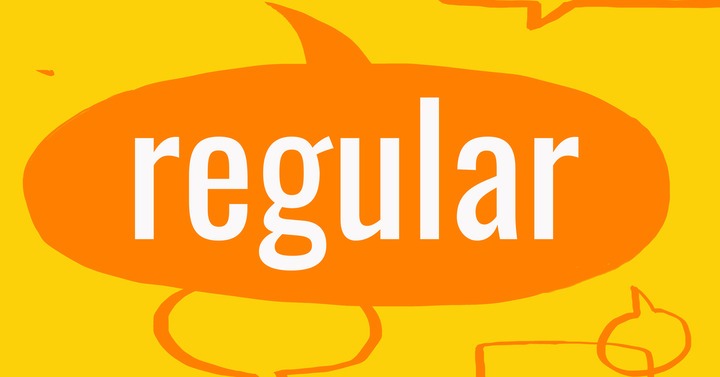In another in our series of blog posts on Spanish nouns whose gender varies according to meaning we look at cometa. You can listen to the pronunciation of cometa in the audio clip below: You’re most likely to see un cometa (masculine) at night, since it…
Read More









collins_dictionary_official
The home of living language. #wotd #wordlovers #collinsdictionary
Read our word of the week definitions and blog posts: